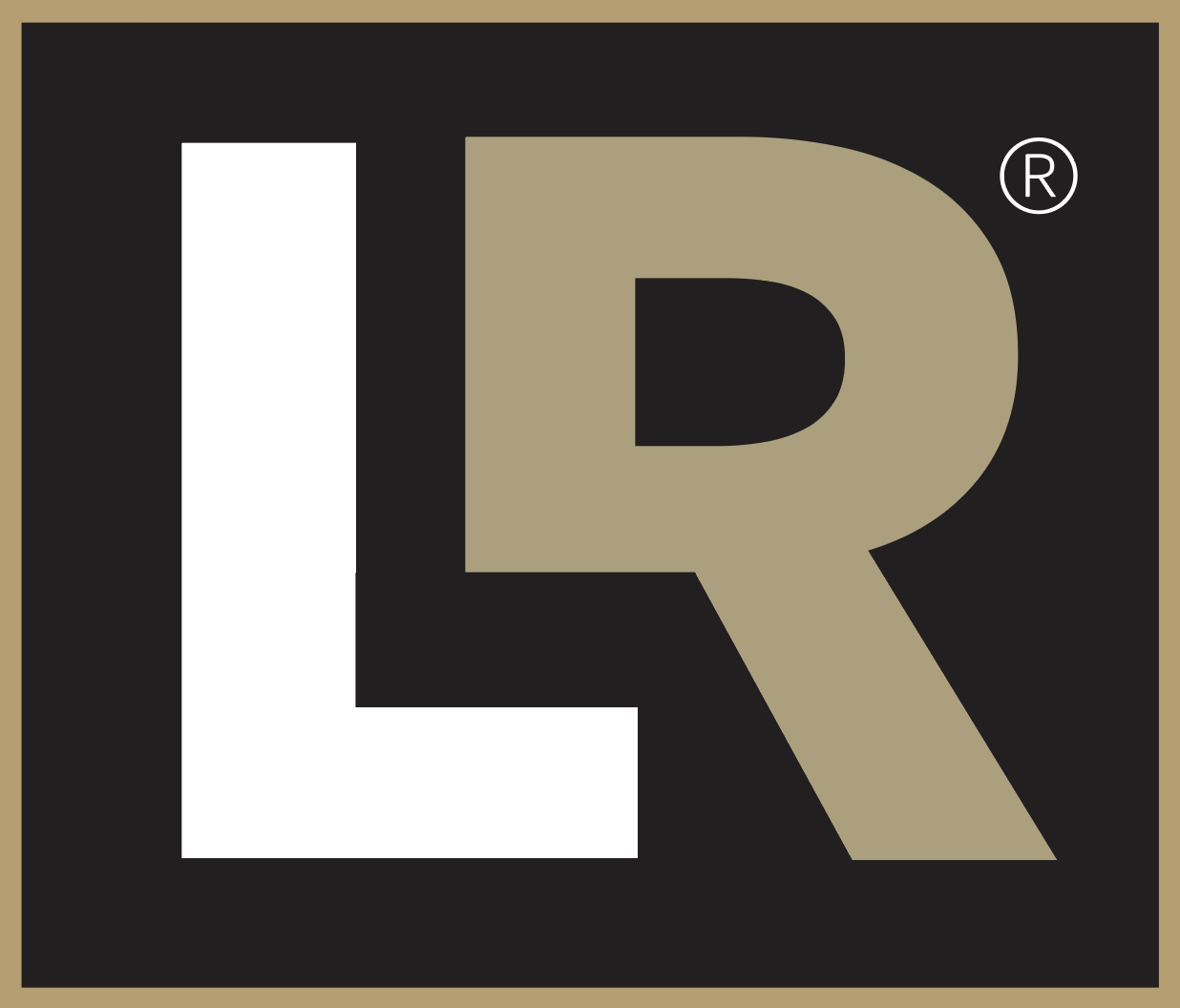Reports Reveal Nearly 50% of Approved Cancer Drugs May be Ineffective

Reports Reveal Nearly 50% of Approved Cancer Drugs May be Ineffective
The fight against cancer is a constant race against time, with researchers and drug companies striving to develop new therapies that can offer a glimmer of hope to patients. In recent years, the U.S. Food and Drug Administration (FDA) has implemented an accelerated program to expedite the number of approved cancer drugs brought to market. While this approach aims to get potentially life-saving treatments to patients faster, a new wave of research is raising concerns about the potential downsides of this fast-tracking process.A recent study published in the journal Science Translational Medicine revealed that a significant number of cancer drugs approved through the FDA's accelerated approval program ultimately fail to demonstrate a meaningful clinical benefit. This program allows for the approval of drugs based on their ability to shrink tumors or show other early signs of effectiveness, even if long-term survival benefits haven't been definitively proven. The concerning aspect of the study is that many of these fast-tracked drugs never go on to confirm their initial promise in later, larger clinical trials.This lack of confirmation raises questions about the effectiveness of these approved drugs and the potential risks associated with their use. Fast-tracked drugs may expose patients to unnecessary side effects and financial burdens without offering a clear improvement in their overall outcomes.
 Photo by Thirdman from Pexels
Photo by Thirdman from Pexels
Strengthening confirmatory trials: The design and implementation of confirmatory trials for fast-tracked drugs must be prioritized. These trials should be designed to definitively assess the long-term survival benefit of the drugs and ensure patients are not exposed to ineffective treatments.
Transparency and communication: Greater transparency is needed from both drug companies and the FDA. Patients should be fully informed about the limitations of fast-tracked drugs and the potential risks and benefits associated with their use.
Exploring alternative pathways: Researchers and regulatory bodies should explore alternative pathways for drug development that can balance the need for speed with the need for robust evidence. This might involve innovative trial designs or using real-world data to supplement traditional clinical trials.
Sources:
Stunning Research Discloses Numerous Fast-Tracked Cancer Cells Medications Deal No Medical Advantage: ScienceAlertMany cancer drugs remain unproven years after FDA's accelerated approval, study finds
About Sara E. Teller
Sara is a credited freelance writer, editor, contributor, and essayist, as well as a novelist and poet with nearly twenty years of experience. A seasoned publishing professional, she's worked for newspapers, magazines and book publishers in content digitization, editorial, acquisitions and intellectual property. Sara has been an invited speaker at a Careers in Publishing & Authorship event at Michigan State University and a Reading and Writing Instructor at Sylvan Learning Center. She has an MBA degree with a concentration in Marketing and an MA in Clinical Mental Health Counseling, graduating with a 4.2/4.0 GPA. She is also a member of Chi Sigma Iota and a 2020 recipient of the Donald D. Davis scholarship recognizing social responsibility. Sara is certified in children's book writing, HTML coding and social media marketing. Her fifth book, PTSD: Healing from the Inside Out, was released in September 2019 and is available on Amazon. You can find her others books there, too, including Narcissistic Abuse: A Survival Guide, released in December 2017.
